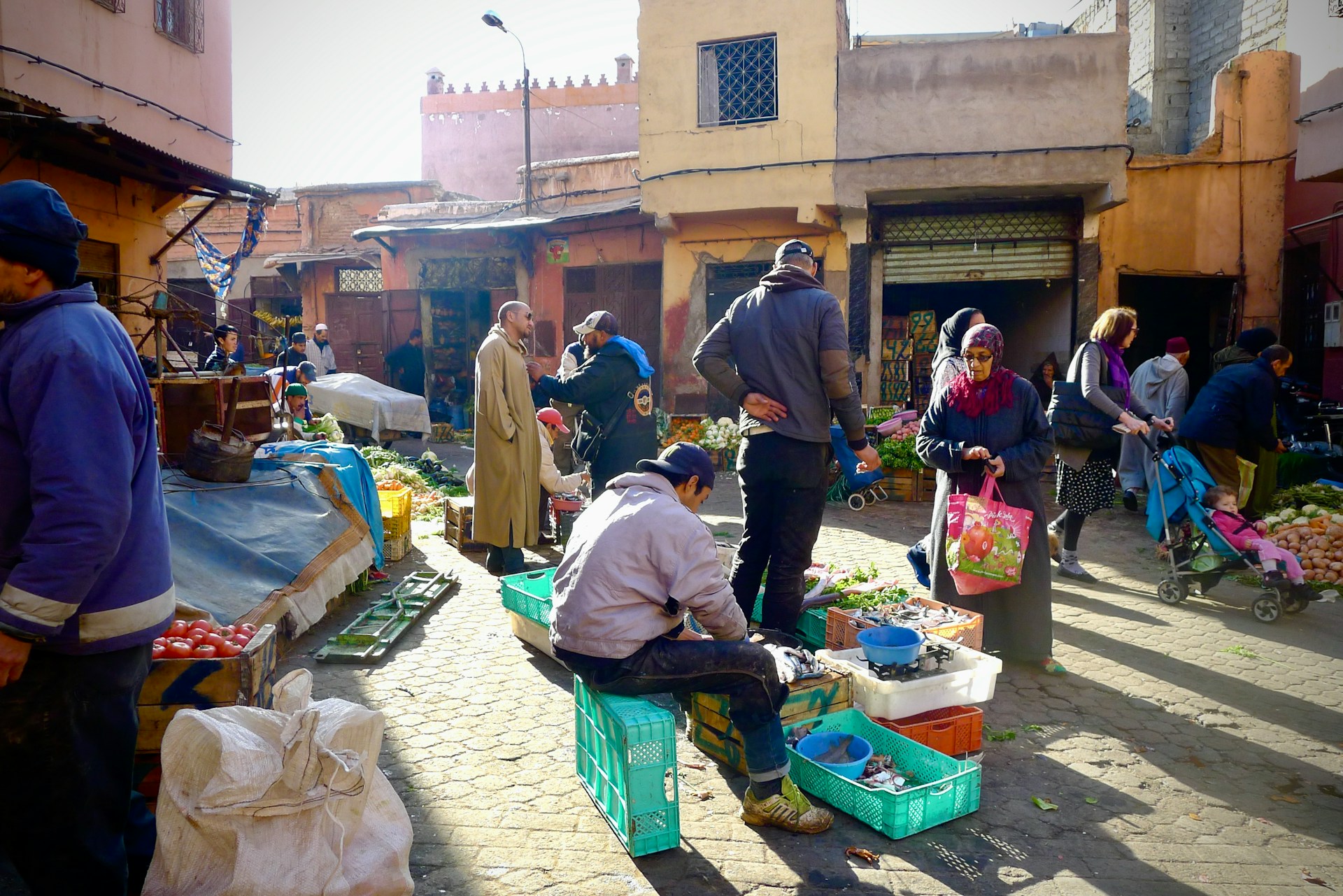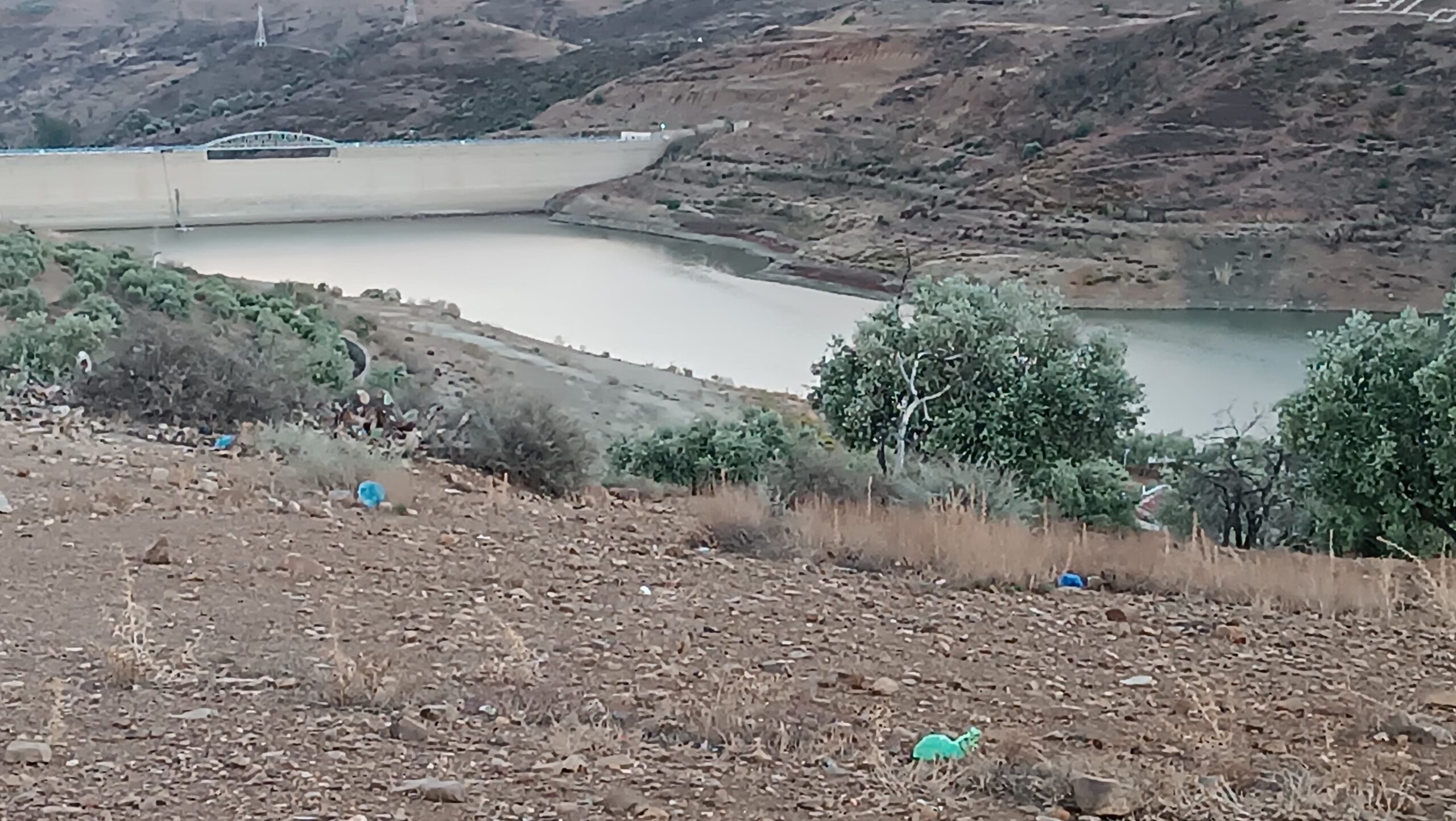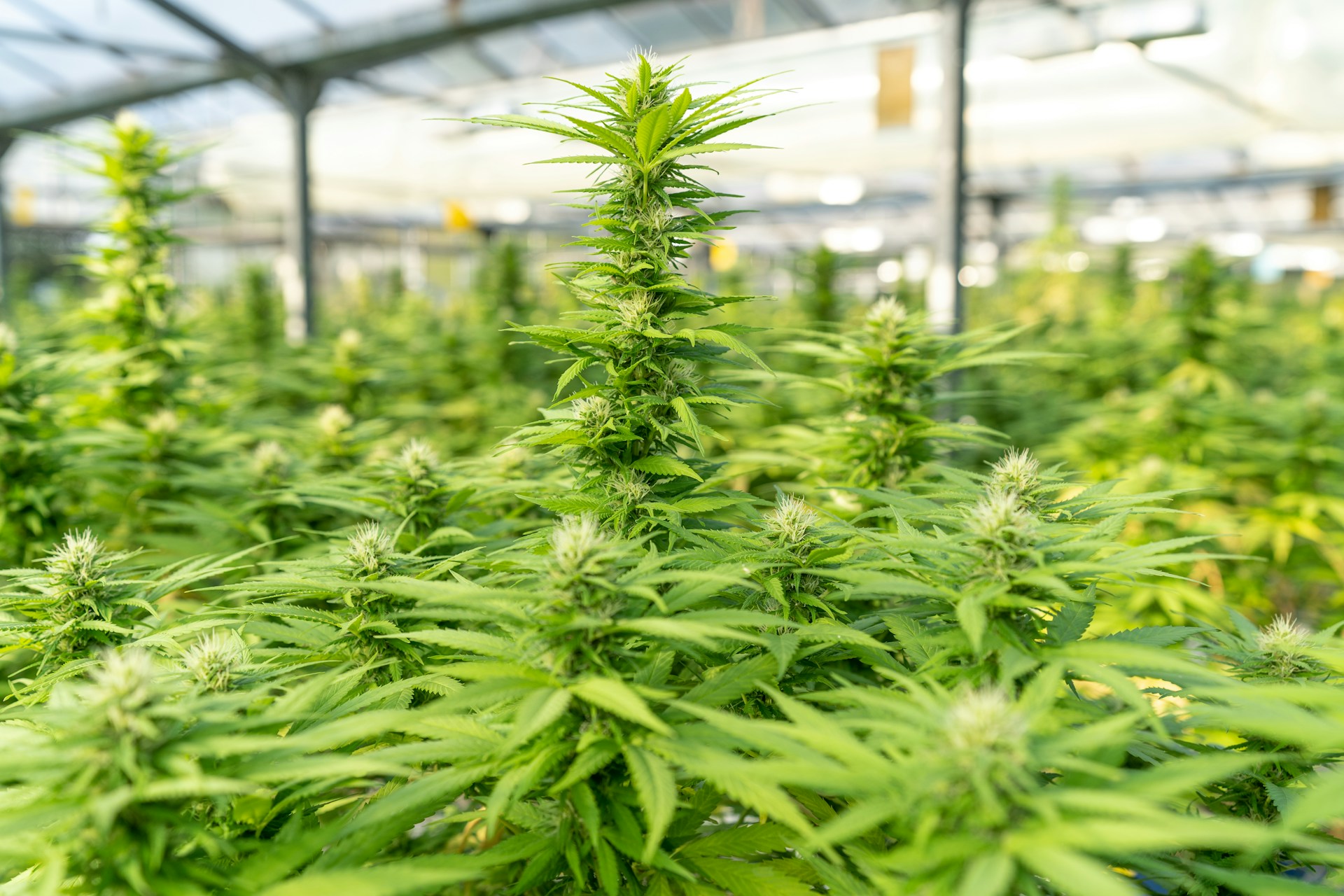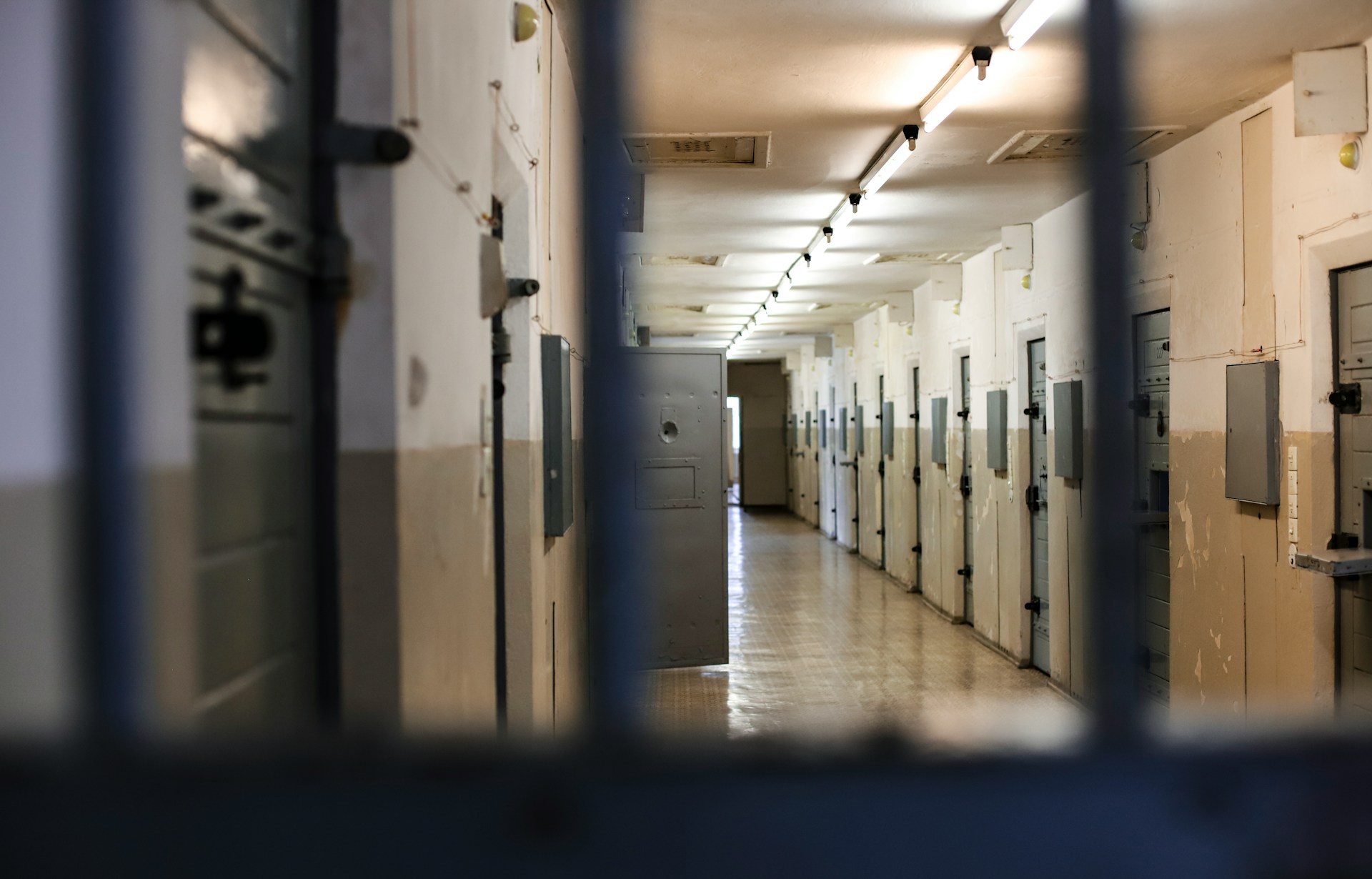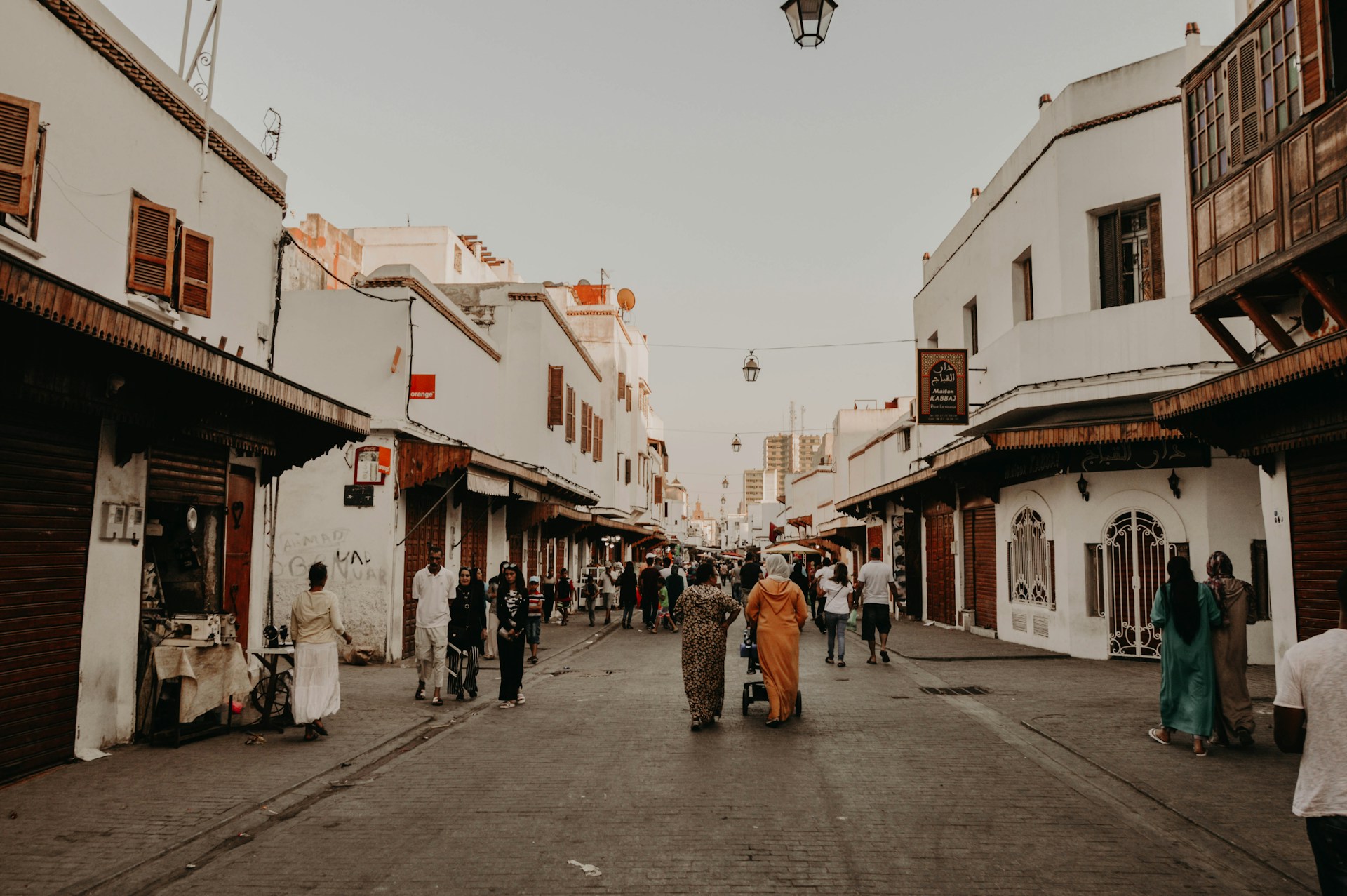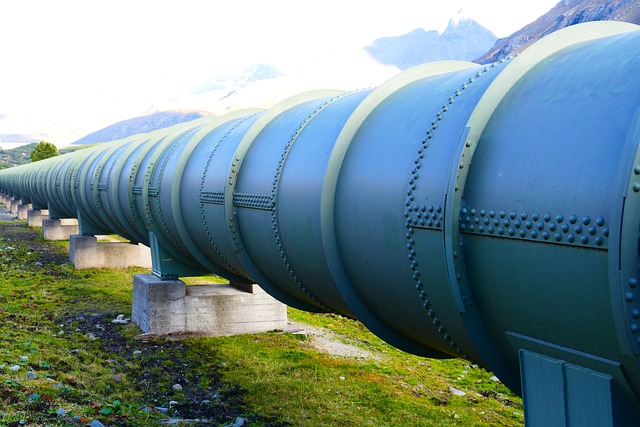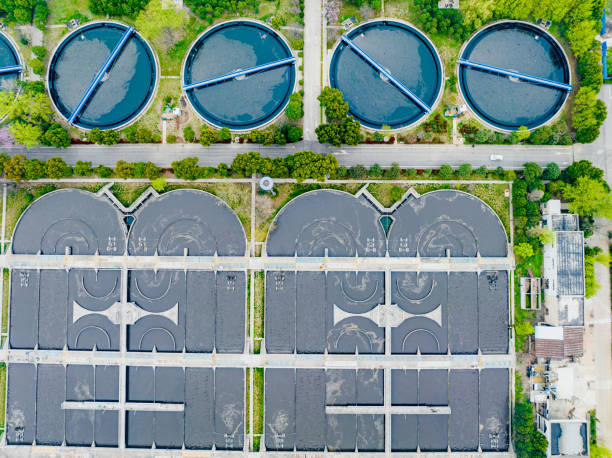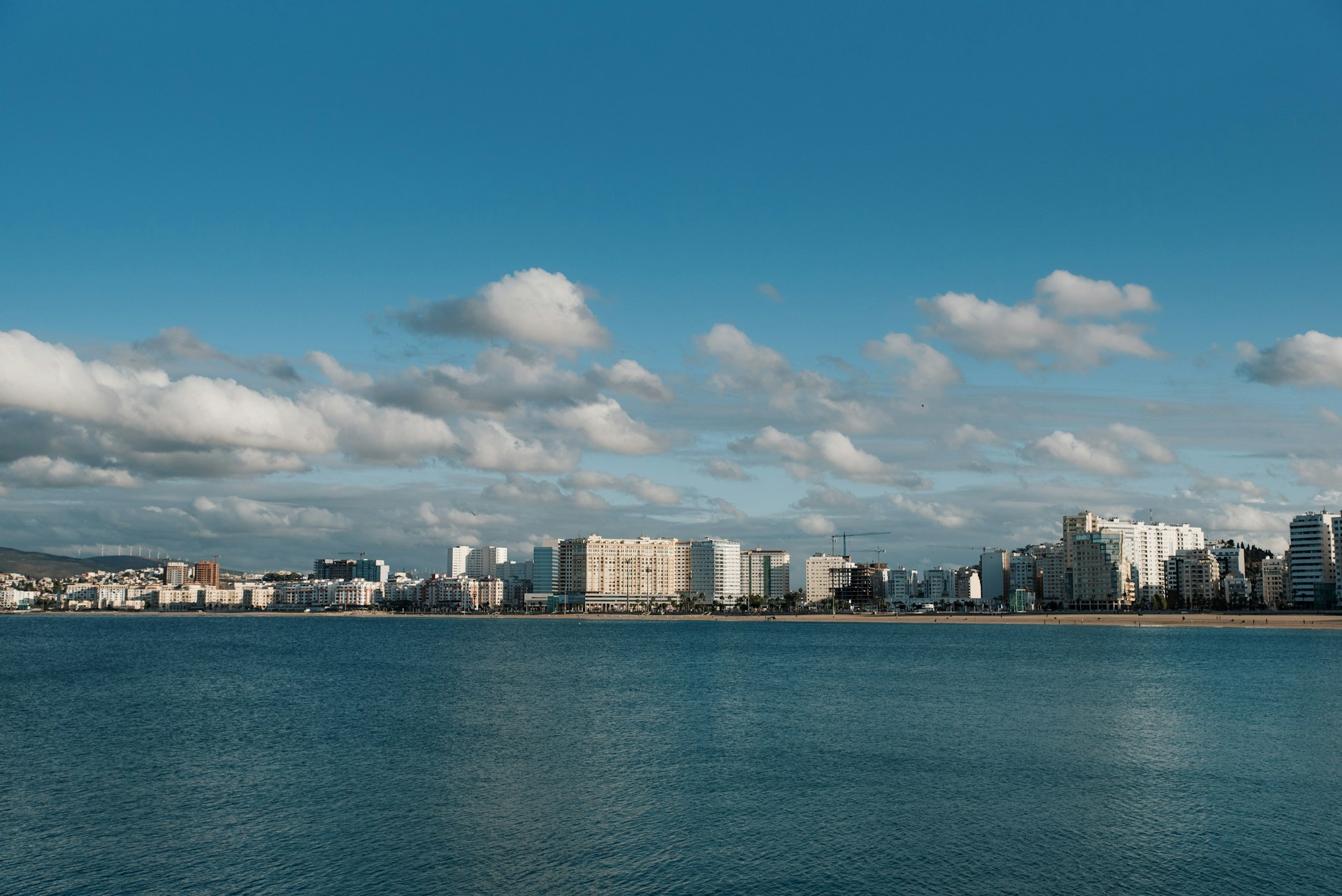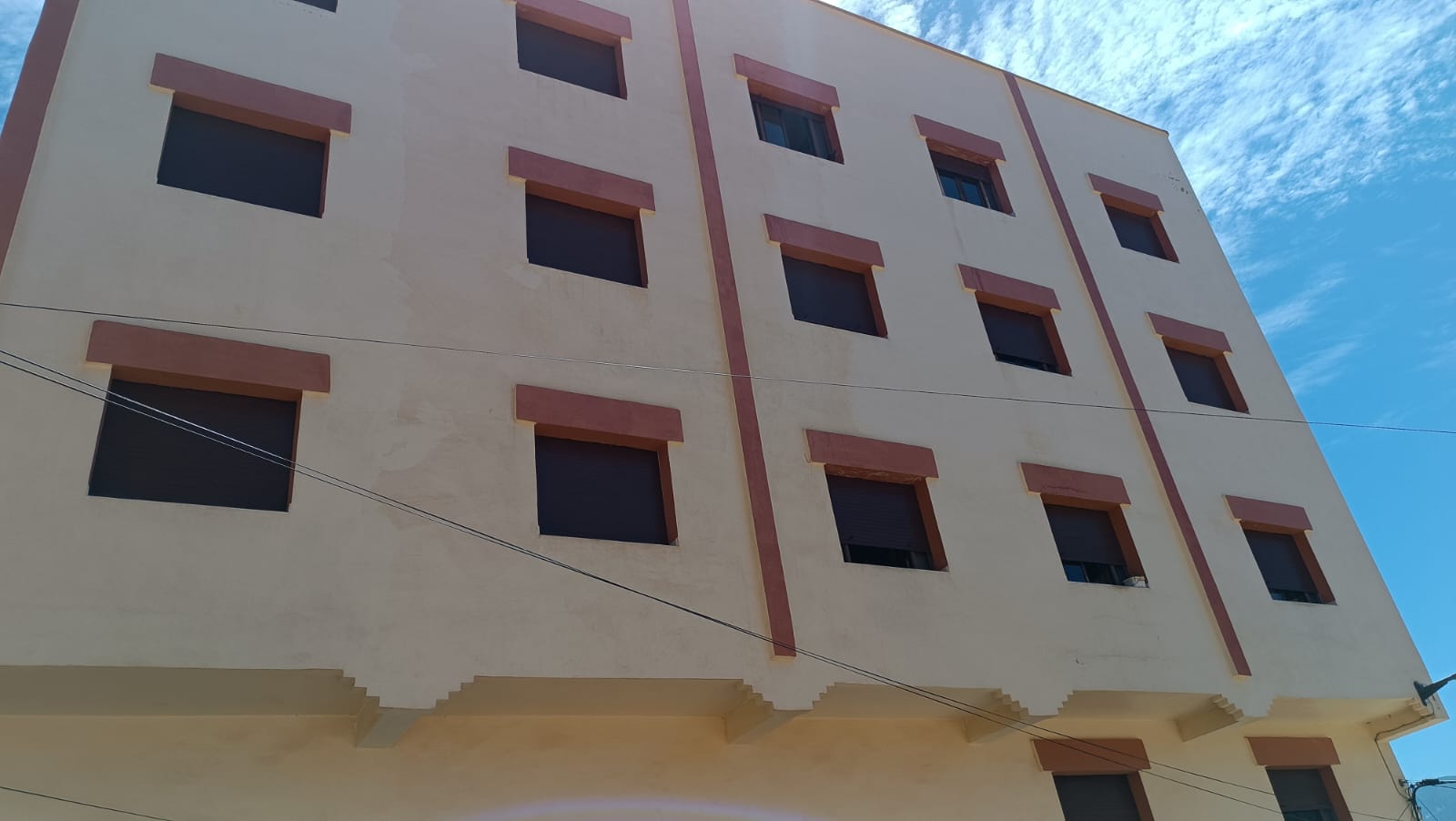Casablanca – Over the past three years, the Moroccan government has significantly expanded its social protection programs, introducing large-scale reforms aimed at reducing inequality, improving access to healthcare, and delivering direct support to vulnerable populations. Under the leadership of Prime Minister Aziz Akhannouch, the government has rolled out various initiatives covering healthcare, direct financial aid, education, employment, and housing, with spending totaling tens of billions of dollars.
Universal health coverage extended to millions
One of the flagship components of Morocco’s social protection policy is the AMO-Tadamon health insurance scheme, which has now become a cornerstone of universal health coverage in the country. The government covers the insurance premiums for low-income families enrolled in this system, with an annual allocation of approximately $979 million.
This funding ensures healthcare access for over 4 million vulnerable families, bringing the total number of individuals covered under the program — including dependents — to nearly 11 million. Beneficiaries are entitled to free treatment and hospitalization in public health facilities and have access to a service package comparable to that provided by Morocco’s National Social Security Fund (CNSS).
From the program’s inception through March 2025, more than 14 million medical claims were submitted, with around 12 million already processed, at a total cost exceeding $1.75 billion.
Support for self-employed workers and broader coverage
In parallel, the government completed the regulatory framework for extending medical coverage to self-employed and informal workers. Backed by 28 implementation decrees, this effort has resulted in the inclusion of 3.5 million independent workers. More than 4 million medical claims have been filed under this category, with $412 million allocated to cover the processed claims.
In addition, the government has laid the groundwork for AMO-Achamil, a new phase intended to cover all social groups. As of early 2025, over 313,000 new individuals have been added under this expanded regime.
Direct financial support to vulnerable families
Beyond healthcare, Morocco has also launched a direct social assistance program aimed at reducing poverty and protecting purchasing power. In 2025, this program was allocated a budget of $2.73 billion, with plans to increase it to $2.99 billion by 2026.
The program currently supports 4 million families, or about 12 million individuals, offering monthly aid ranging from $52 to $124, depending on household size and circumstances. Children and the elderly are particular focus areas, with 5.5 million children and 1 million retirees benefiting from this direct assistance.
The platform managing this aid was launched in late 2023, helping streamline distribution and improve monitoring.
Major budget commitments across key sectors
From 2022 to 2025, the government mobilized around $10.8 billion to subsidize essential goods, helping stabilize prices in the face of international inflation. In addition:
- $824 million was directed toward professional support programs.
- $1.55 billion was allocated to unemployment reduction efforts.
- $4.74 billion supported outcomes from national social dialogue, such as raising the minimum wage in agriculture and industry.
Over $3.5 billion has been mobilized in less than two years for various support schemes, including for widows — whose number of beneficiaries grew from 75,000 to 422,000.
The government also allocated funds to the National Electricity and Water Utility (ONEE) to maintain stable electricity prices despite rising global energy costs.
Investment in education and inclusive policies
In the education sector, more than 1 million families and 3 million children received support for the 2024–2025 school year, helping to reduce the financial burden of schooling.
Special attention has been given to children with disabilities, with the government developing a legal framework that establishes regional and provincial committees to ensure these children receive inclusive education. This initiative involves coordination across ministries including education, health, family, and economic integration.
Housing support for low-income families
To improve access to housing, the government has rolled out a financial aid program that has so far distributed more than $412 million, benefiting over 50,000 people, including Moroccans living abroad.
Toward more effective governance
To strengthen the delivery of social programs, the government has modernized the organizational structure of the CNSS, hired over 1,660 new staff, and opened new service branches — including mobile offices — to improve accessibility. A national call center handles millions of inquiries annually.
A newly established National Agency for Social Support (ANSS) has also been tasked with overseeing targeting and coordination of aid programs. The agency works with both public authorities and independent experts to ensure fair and efficient delivery of assistance.
Through these wide-reaching reforms, Morocco has laid the groundwork for a more inclusive social protection system, aiming to reduce disparities and ensure basic services for millions. While challenges remain, the scale of investments made since 2022 reflects a clear policy shift toward equity and social solidarity.






